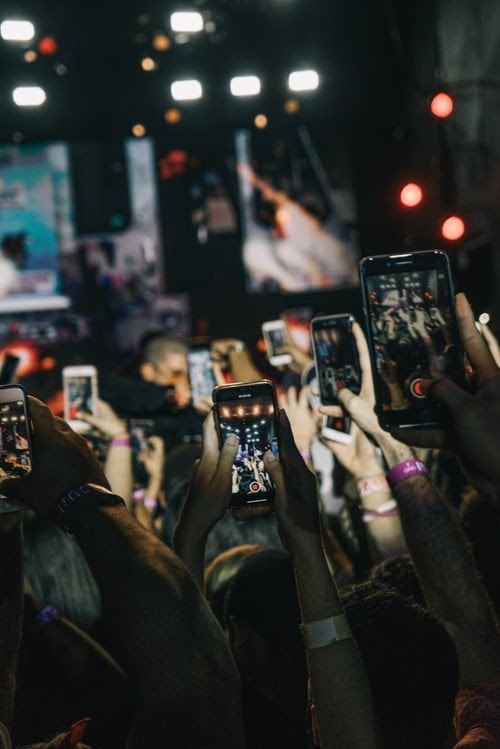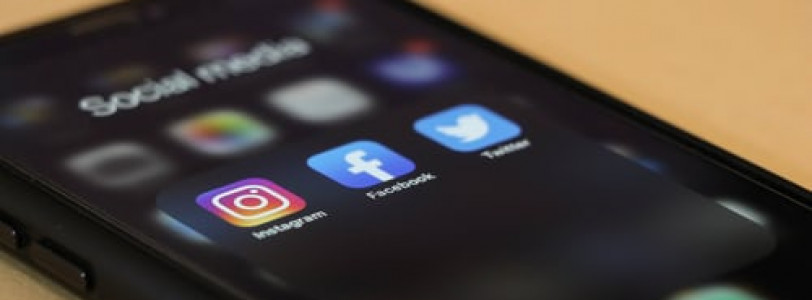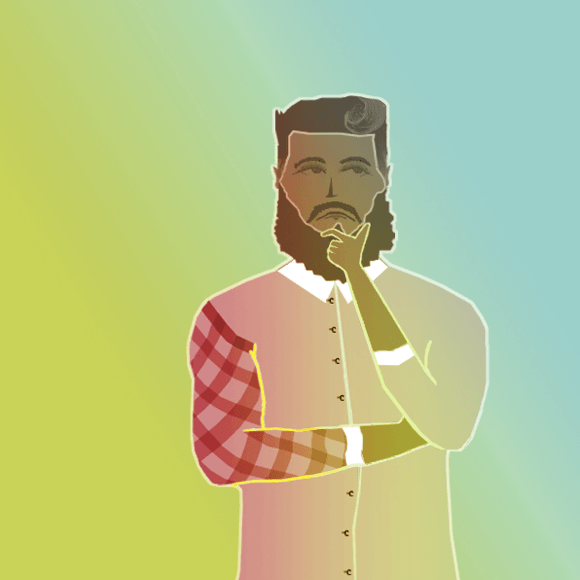A week before writing this article, I decided to delete the Facebook and Instagram apps from my phone. I had left Facebook Messenger and WhatsApp on it though, so my friends and family could contact me if they wanted to.
One of the very first things I noticed was how ingrained of a habit my phone usage was. I would pick it up, without even thinking and started looking for the social media apps, so that I could mindlessly scroll. And I had to remind myself that they are not there anymore. It is a bit scary to think that as soon as there is a minute of free time, we feel the need to fill it with something, even if it is as meaningless as looking at random people’s posts. It was nice to have some breakfast, without a distraction, having complete and undisturbed thought processes – and I fell asleep quicker. I had more time to read and didn’t think about the way I look that much. The whole experience made me want to learn more about the effects of these apps on our mental health and overall wellbeing.
There are a lot of questions about whether social media use is truly addictive or not, but if it is, then it counts as a type of internet addiction. Internet addiction happens to be a classified disorder. A study analysing 43 different types of research concluded that social media addiction can be a problem that requires professional treatment in certain cases. It shed light to the link between excessive use of online platforms and the users’ lack of real social interaction, worsening academic achievements, etc. Interestingly, people with an already existing addiction, such as alcohol, or who have extroverted personalities, are more likely to develop a social media addiction than others.
 How many people have viewed precious moments through a screen?
How many people have viewed precious moments through a screen?
Because most of the research conducted is based on people’s personal opinions, they are more inconclusive than studies in other fields, which means that more in-depth research is needed to find definite answers and connections between social media usage and mental wellbeing.
Having said that, a lot of studies involving teenagers have shown that if they were allowed to use these apps for more than two hours a day, it resulted in worse sleep quality and a much higher risk of developing depression and anxiety. It is also important to note that the way of using these apps can make a difference. If these teenagers were just using them to talk to their friends and share a photo every now and then, their risk of developing a mental health problem was low. On the other hand, if they ended up looking at other people’s posts and comparing their own selves and lives to others, it made a mark on their wellbeing.
Another study found that there is a strong link between disturbed sleep and phone use before going to bed. The screen’s blue light can disrupt one’s circadian rhythm, making it harder to fall asleep. As I have mentioned above, the obsessive checking of your phone can be quite distracting and now there is proof that it messes up your sleep. For better sleep, turn your phone off for the night, or just do it my way, and put it on airplane mode.
One of the most intriguing questions surrounding social media for me, has always been its effects on self-image and confidence. It has been proven to increase narcissism, lack of self-esteem and envy in users. It is called a paradox effect because most things that are posted online are considered positive, and yet they still cause damage. Why would a selfie with your dog or a picture of your dinner be harmful? The answers lie in comparison and seeking validation. We all want to be liked and we all want to be the best version of ourselves. But when there is a virtual space that allows its users to become whoever they want to be, it results in people comparing their own holidays to another person’s beach photo in Bali or someone else’s tanned boyfriend to their own relationships. It increases a sense of vanity, whilst it makes you addicted to constant validation. The sad part is that most social media consumers do not realise that self-worth cannot and should not be measured in likes or post engagement. A series of interviews conducted with men and women between the ages of 28 and 73 has found that 60% of them have felt their social media use impacted their self-esteem in a negative way. 50% have said it had a negative impact on their personal relationships, and 80% have confirmed that the easiest way of deceiving others is through using their online platforms.
If you have watched the Netflix documentary, The Social Dilemma, then you already know that these apps are being designed to make you spend more time on them.
Even though I do enjoy spending time on Instagram or posting things that I find interesting on Facebook, a week without them has been an eye-opening experience. I will download them again, because they are necessary for some of the things that I do – such as promoting my podcast, or being part of university groups – but I will introduce a new method to lessen my personal phone usage. One day per week, it could be a Sunday, my apps will be deleted.
Hopefully, this article gave you an insight, and it encouraged you to spend more time in your ‘real’ life, than an artificial one.
All images are from Unsplash.
Additional reading
Ten Arguments for Deleting Your Social Media Accounts Right Now by Jaron Lanier









0 Comments